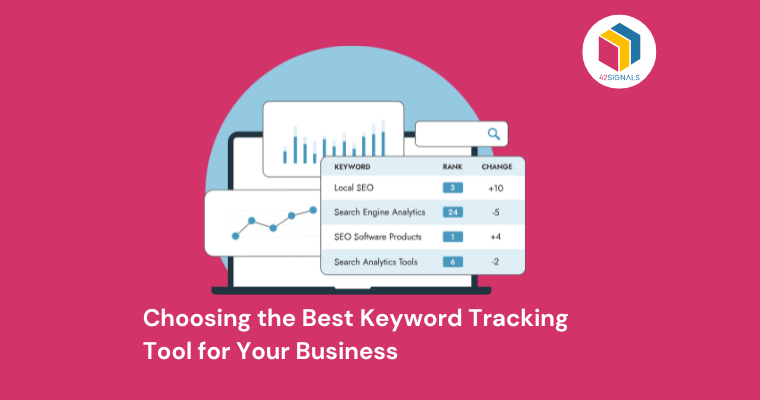The eCommerce industry in India is one of the fastest-growing sectors, receiving immense support from the government in the form of ONDC. With several players in the market and new businesses cropping up every month, the online retail space is competitive, with brands battling each other to gain the customer’s attention.
For any added advantage, eCommerce market intelligence – the process of gathering, analyzing, and leveraging data, has become crucial. Brands across the spectrum – small businesses to well-established ones, all require and use eCommerce insights in some respect to perform well and grow their business.
To comprehend this subject better, let’s dive right in.
Image Source: Vserve
Understanding the eCommerce Landscape with Market Intelligence
It’s safe to say that more than 90% of human beings alive today above the age of 18 have purchased a product or service online. It may be groceries, a new outfit, or an item from your favorite electronics brand, everybody shops online. Its convenience cannot be matched.
While one thing is certain – people love to shop online, there are several factors in this landscape that undergo dynamic changes. To stay on the right foot, businesses must have a solid understanding of current trends and anticipate future needs. This involves conducting thorough research on industry developments, consumer behavior, and emerging technologies.
By anticipating the changing consumer wants and needs, businesses position themselves in the right place to capitalize on new opportunities and adapt strategies accordingly.
Identifying Market Trends and Opportunities
Identifying market trends and opportunities is a crucial aspect of eCommerce market intelligence. To know what to create, businesses need to analyze customer behavior, and product demand, and leverage industry insights. This helps form a better understanding of trends and hone in on untapped opportunities.
One effective method is to conduct market research and gather data on customer preferences, purchasing habits, and demographic insights. This information can be collected through surveys, focus groups, and data analysis tools. By understanding consumer needs and preferences, businesses can tailor their offerings to meet market demands and address customer desires.
Image Source: Forbytes
With technology rapidly evolving, businesses must also keep a close eye on emerging technologies in mobile commerce, voice search, and social commerce. These advancements often present new opportunities for companies to innovate and reach customers in unique ways.
Effective Competitor Analysis Techniques
Competitor analysis is one of the most important steps in performing market research. Most successful companies use competitor analysis as a yardstick of their own performance measurement and enhancement strategies as it is effective.
Knowledge of your peers and the strategies they adopt can shine a light on strengths, weaknesses, and opportunities. For new brands, it can mean understanding how to price products; for more established brands it can be a means of research – learning customer pain points and adapting their own product for better delivery.
Paying close attention to product offerings, pricing structures, and customer reviews helps companies position themselves as unique and valuable alternatives. Incorporating social media monitoring tools also helps to get a peek into customer sentiment.
Leveraging Data Analytics for Decision-Making
Data analytics has become the crux of most business operations. It plays a huge role in eCommerce market intelligence – not just for obvious reasons. Data analytics provides granular information about performances and highlights areas for improvement.
Image Source: Wallstreet Mojo
In this endeavor, customer analytics tools help understand customer demographics, purchasing habits, and lifetime value. This data will help personalize customer experiences and improve customer retention.
Optimizing Pricing and Promotion Strategies
Pricing and promotion strategies are key areas where businesses can leverage eCommerce market intelligence to gain a competitive advantage. By understanding market dynamics, consumer preferences, and competitor pricing strategies, businesses can optimize their pricing and promotion approaches for maximum profitability.
One effective strategy is to conduct a price benchmarking analysis, comparing prices of similar products across competitors. This analysis will help businesses determine the optimal price range for their offerings, ensuring competitiveness while maintaining profitability.
Additionally, businesses can leverage data analytics to identify pricing trends and customer willingness to pay. This information can be used to offer personalized pricing incentives, such as dynamic pricing based on customer purchasing history or targeted discounts for specific customer segments.
Brands should also regularly evaluate and optimize their promotion strategies. By monitoring the effectiveness of past campaigns and analyzing customer responses, businesses can fine-tune their promotional activities and maximize their return on investment.
Conclusion
Mastering eCommerce market intelligence is crucial to success. As businesses leverage eCommerce intelligence, identifying market trends and opportunities, conducting effective competitor analysis, leveraging data analytics, and optimizing pricing and promotion strategies will allow the brand to perform better.
By continuously honing their market intelligence skills, businesses can adapt to changes and position themselves for long-term success in the eCommerce industry.
42Signals provides businesses with eCommerce insights to improve their digital presence and optimize strategies conducive to growth.
To know more about our product or to schedule a demo, contact us at sales@42signals.com
Frequently Asked Questions
What is market intelligence for the ecommerce industry?
Market intelligence refers to the process of gathering and analyzing data and information about the e-commerce industry, including trends, consumer behavior, competitors, and market conditions. It involves monitoring various sources such as social media, online reviews, customer feedback, sales data, and industry reports to gain insights that can help businesses make informed decisions. The goal of market intelligence is to provide a comprehensive understanding of the current state of the e-commerce industry, identify opportunities and challenges, and enable businesses to stay ahead of the competition.
What are the best practices for achieving market intelligence for ecommerce businesses?
- Identify your target audience and their needs.
- Use multiple data sources, including social media, customer feedback, and sales data.
- Leverage technology, such as data analytics software and SEO tracking tools.
- Monitor competitors and industry trends.
- Engage with customers through surveys, focus groups, and social media.
- Analyze data objectively and share insights across teams.
- Continuously gather and analyze data to adapt to changing market conditions.
- Use actionable insights to inform business decisions, such as offering free shipping based on customer preference.





